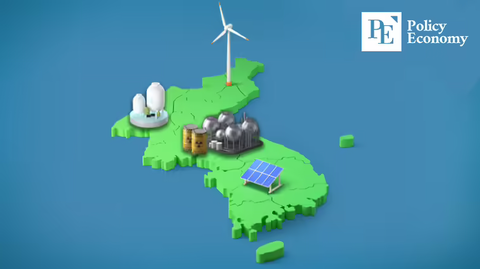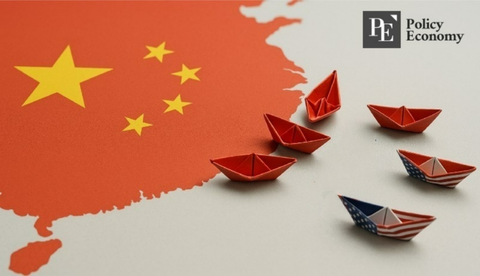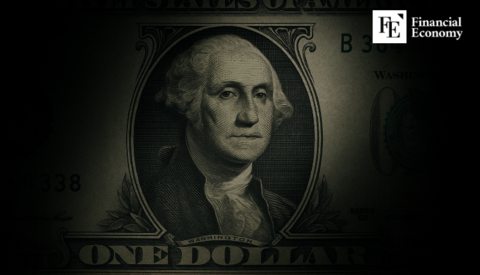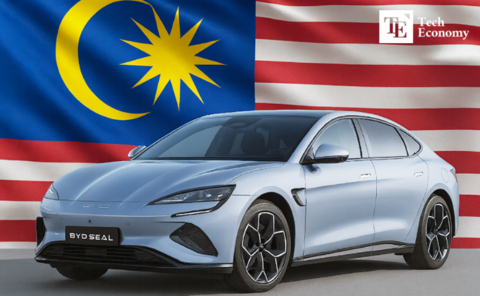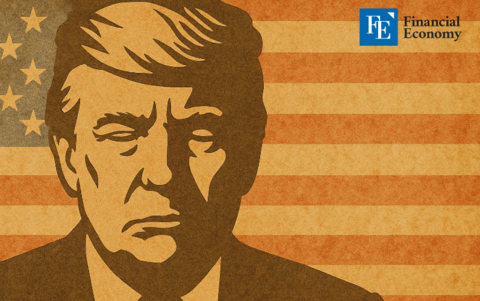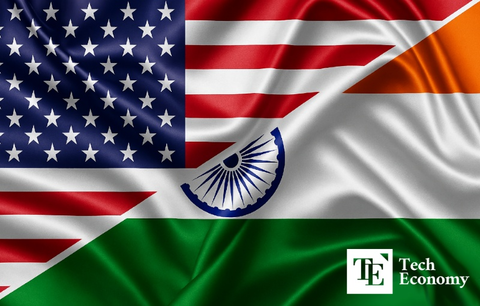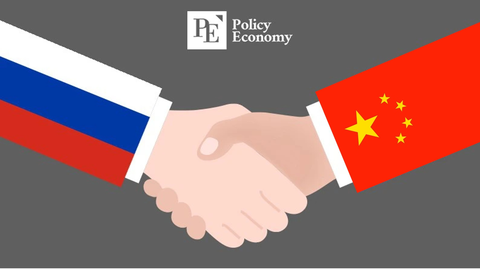Steel, Sovereignty, and the 51st State: Canada's Defiance to Trump’s Tariff War
Input
Changed
Political Unity in Uncertain Times The Battle for Hearts and Minds and Economic Blowback A Defining Election for Canada’s Future
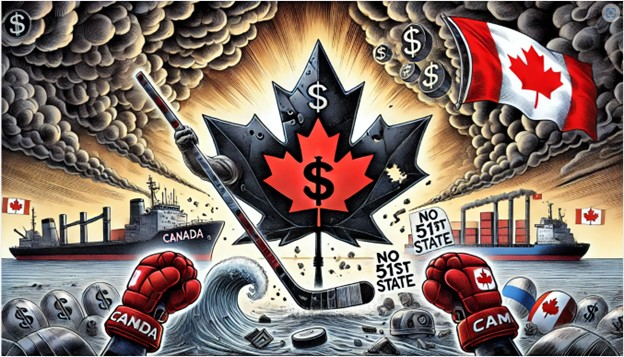
Political Unity in Uncertain Times
In March 2025, U.S. President Donald Trump reinstated a protracted economic dispute with Canada by imposing a 25% tariff on steel and aluminum imports. Trump's decision, which was framed as part of a broader effort to promote "reciprocal fairness" in international trade, was met with astonishment and immediate political and economic repercussions by officials in Ottawa.
Trump's bravado was evident in the tariffs. Additionally, the president controversially proposed the annexation of Canada as the 51st state of the United States on April 2, in addition to promising to expand these measures with a second wave of comprehensive tariffs. The statement, despite its obvious hyperbole, elicited profound offense from Canadians and served as an additional source of tension in an already volatile situation.
Trump contended that the tariffs were essential to safeguard U.S. manufacturing, restore equilibrium in trade relationships, and reduce the influx of migrants and narcotics from Canada, Mexico, and China. Nevertheless, these justifications were promptly rejected by Canadian leaders, who perceived the tariffs as economically reckless and diplomatically antagonistic.
The U.S. economy is profoundly interconnected with Canada, America's largest trading partner. Canadian consumers purchase more from the United States than from China, Japan, the UK, and France combined, and more than 70% of Canadian exports are exported to the United States. Trade tensions are notably detrimental on both sides of the border due to this interdependence. Consequently, any disruption between the two economies not only induces short-term commercial losses but also raises long-term concerns regarding the stability and trust of the cross-border relationship.
Foreign Minister Mélanie Joly responded promptly and resolutely, describing the tariffs as "an act of economic aggression" and issuing a warning of potential retaliation. She underscored the necessity of safeguarding Canadian sovereignty, industries, and workers. Her message was unwavering: Canada will not be used as a scapegoat or subordinate in the domestic political disputes of the United States.
Prime Minister Mark Carney, who was recently appointed in the wake of Justin Trudeau's resignation, reiterated this position and committed to reciprocal tariffs. Carney emphasized that Canada would not be intimidated, urging national unity and resilience in the face of economic duress. His leadership, which is still in its infancy, is being shaped by an external crisis that necessitates brave and decisive action.
Carney's declaration, "If they come for us, we will respond in kind," established the tone for a new phase in U.S.-Canada relations that is becoming more characterized by confrontation than cooperation.
The Trump tariffs have facilitated an uncommon moment of unity in Canada, despite the country's historically divided political landscape. In order to safeguard Canadian interests, leaders from all political parties have united. Mark Carney, the Liberal Prime Minister, and Pierre Poilievre, the Conservative leader, have both condemned Trump's actions and claimed to uphold Canadian sovereignty.
Mark Carney, a former governor of the Bank of Canada and the Bank of England, entered politics with a reputation for economic expertise and serene leadership. He is currently confronted with a critical moment that has the potential to shape his political legacy, mere weeks into his tenure as premier. Carney has called an emergency federal election for April 28 in response to the escalating crisis, with the objective of securing a robust public mandate to confront the United States.
His platform includes a bold proposal to eradicate internal trade barriers by July 1 and a one-point reduction in the lowest income tax bracket. The objective of these measures is to enhance Canada's resilience and adaptability in response to external disruptions. Carney contends that the most effective defense against trade aggression from abroad is a robust domestic market. His vision aims to unlock the latent economic potential within Canada's own borders by streamlining commerce across provinces.
Foreign Minister Joly has implemented a dual strategy, which involves the pursuit of public diplomacy and economic retaliation. She stated in an interview with the BBC, "We can win the hearts and minds of Americans because ultimately they are the ones paying for this." Her approach is predicated on the mobilization of American public opinion against Trump's tariffs by emphasizing the economic consequences for U.S. consumers and businesses. She emphasized that the tariffs also affect American families, farmers, and small businesses, and their perspectives could be crucial in reversing the policy.
Pierre Poilievre, the Conservative leader, has adopted a populist approach that is equally combative. Poilievre has reiterated the necessity of resistance while criticizing Carney for his status as an unelected technocrat. Referring to the effects of tariffs on both American and Canadian workers, he stated, "There is no justifiable justification for doing this to these good people." Poilievre has pledged to increase Canadian energy production and manufacturing as part of a more comprehensive initiative to achieve economic independence. He has also portrayed the dispute as a test of national character, encouraging Canadians to "stand tall, stand proud, and stand together."
Public mobilization has also commenced. Demonstrators in Toronto organized a "elbows up" protest, which was a reference to hockey terminology that signified a willingness to respond. The national sentiment of defiance and solidarity was captured by protesters who held signs that read "Stop the Tariffs" and "No 51st State" and waved Canadian flags. The movement has been gaining momentum on social media, igniting comparable demonstrations in other locations, including Vancouver, Montreal, and Calgary. As a sovereign nation that is unwilling to be coerced, Canadians are asserting their identity, more than just as trading partners.

The Battle for Hearts and Minds and Economic Blowback
The economic consequences of the trade conflict are already being observed, in addition to their political implications. Disruptions, canceled orders, and increasing uncertainty are currently being experienced by Canadian steel and aluminum producers. Temporary redundancies or postponed investment plans have been announced by numerous organizations. Some businesses in both countries are warning of potential job losses and price increases for consumers, while others are reporting higher costs.
The trade war is not merely an economic concern for Canada; it is also a measure of national identity and resilience. Carney and Joly have both underscored the necessity of internal unity and external outreach. They are relying on a combination of diplomatic efforts and retaliatory tariffs to achieve a resolution. In their opinion, the crisis offers an opportunity to recommit to the principles of fairness and cooperation, deepen internal markets, and diversify trade relationships.
It is anticipated that Canada's retaliatory tariffs will concentrate on politically sensitive U.S. exports, including agricultural goods, machinery, and consumer products, in an intentional effort to exert pressure on critical swing states prior to the upcoming U.S. election cycle. This is reminiscent of the strategies employed in previous trade disputes, which involved the use of economic hardship to incite political change. It is a strategy that is both symbolic and strategic, with the objective of reminding Washington that economic aggression has repercussions.
In the interim, the United States economy is also adversely affected. In the days preceding the tariff announcement, stock markets experienced a significant decline, and analysts have expressed concern regarding the potential for broader inflationary pressures. Supply chain disruptions and cost increases have been the subject of concern for small enterprises and manufacturers. Trump's administration continues to be defiant, despite this. Commerce Secretary Howard Lutnick declared the tariffs to be "worth it," regardless of whether they result in a temporary recession.
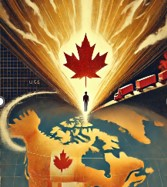
A Defining Election for Canada’s Future
Economic nationalism and sovereignty are the ideological foundations of Trump's trade policy. He regards tariffs as a weapon in a broader geopolitical struggle, in addition to serving as an instrument of economic protection. This perspective is disconcerting for Canada, which has historically depended on rules-based trade and multilateralism. Canadian policymakers are uncertain as to whether traditional alliances are still viable and whether a new era of transactional diplomacy has begun.
As the April 28 election approaches, Canadians are being compelled to make a decision not only between political parties but also between varying perspectives on how to navigate an increasingly unstable world. The decision will have long-term repercussions for Canada's economy, diplomacy, and identity, regardless of whether they support Carney's technocratic pragmatism or Poilievre's populist defiance. The principles that underlie Canada's role in the world are at stake, in addition to the cost of aluminum and beef.

